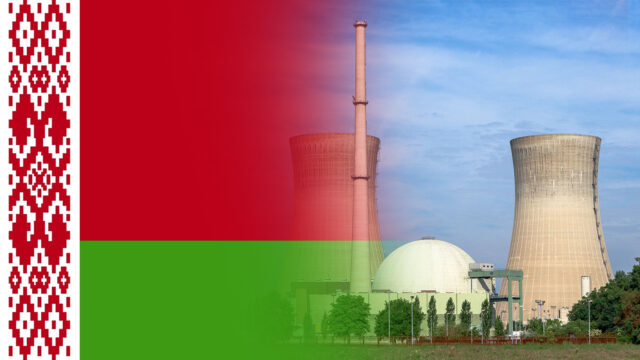Belarus has formally opened its first nuclear plant. The President of Belarus, Alexander Lukashenko opened the country’s first plant. The power plant has begun operating even though it faced extreme objections from Lithuania. The plant, located around 50 kilometers away from the capital of Lithuania, was built and financed by the Russian. Lithuania cut off electricity import from Belarus concerning the opening of the plant. Lukashenko said the launch of the Russian-built and -financed nuclear plant “will serve as an impetus for attracting the most advanced technologies to the country, and innovative directions in science and education.”
The European Union Members, Latvia, and Lithuania had opposed the $11 billion project citing safety and national security concerns. Lithuania had also added that the project has lead to accidents, mistreatment of workers and also stolen materials. The Russian state nuclear corporation, Rosatom, however, has negated the above complaints and states that the plant conforms to international standards set by the International Atomic Energy Agency. Apart from banning electricity imports, Lithuania has also terminated all power trading with the neighbouring country. Latvia too, has blocked imports of energy that will be generated by the plant and has also decided not to buy electricity from Russia unless they can prove that the imports are not originating from the plant in Belarus.
Andrei Sannikov, who ran against the current President of Belarus, stated that the plant is more of a geopolitical weapon against the European Union. In 1986, Belarus had also suffered due to the Chernobyl nuclear disaster. This has to lead to major opposition within the country for the nuclear plant project.
Lithuania, which had closed its Soviet-built nuclear power plant in 2009 is already stocking up on iodine tablets and handing it out to the public in case of a radiation leak, in a way it is already preparing itself for a potential disaster at the nuclear power plant in Belarus, Astravets. Iodine is known to reduce radiation in the thyroid in case of a leak. With its planned completion in 2022, the plant is set to have two reactor units, each generating 1200 megawatts.









